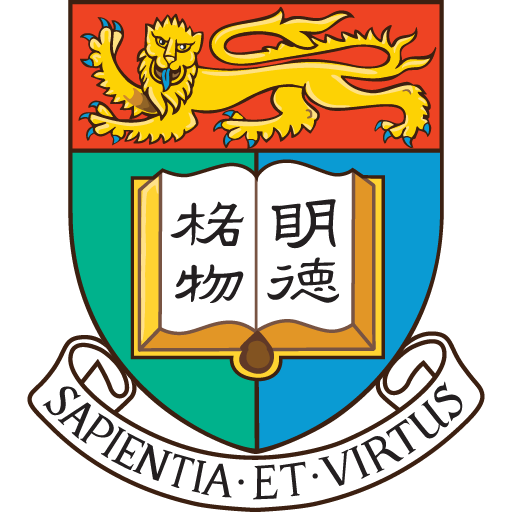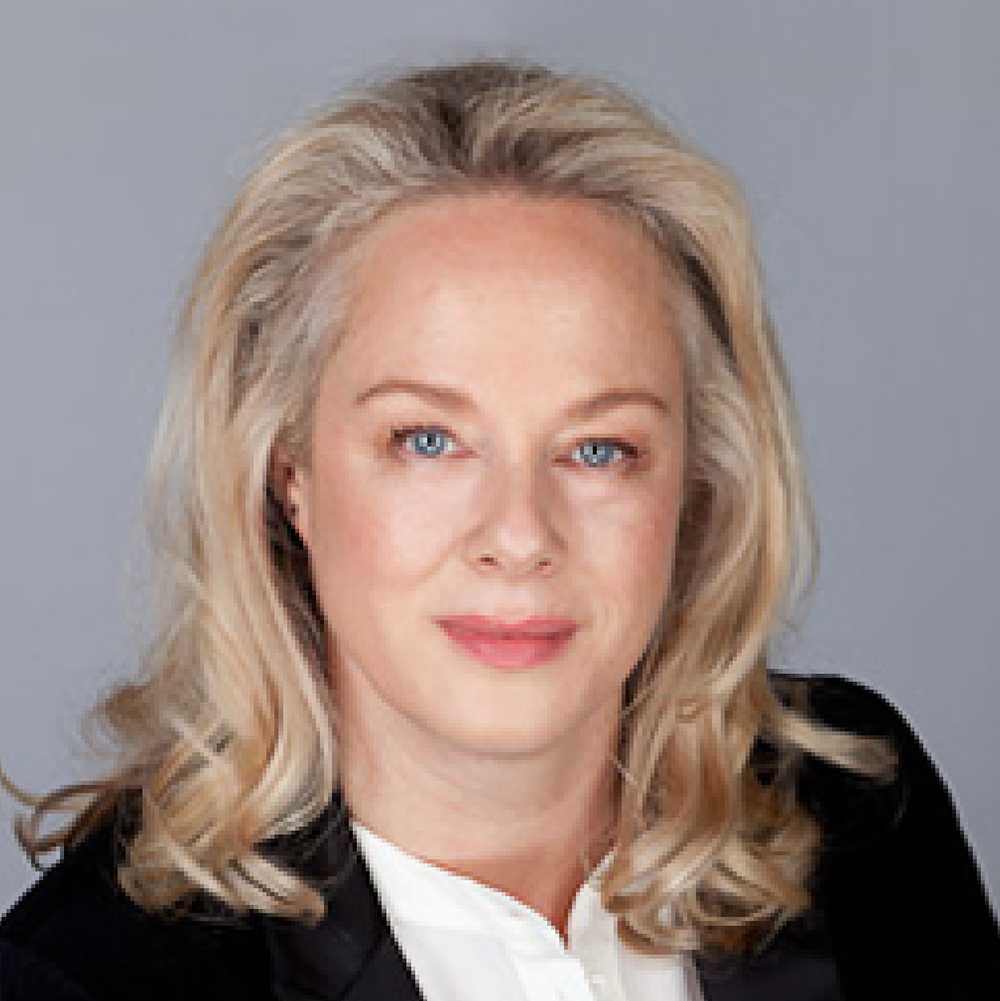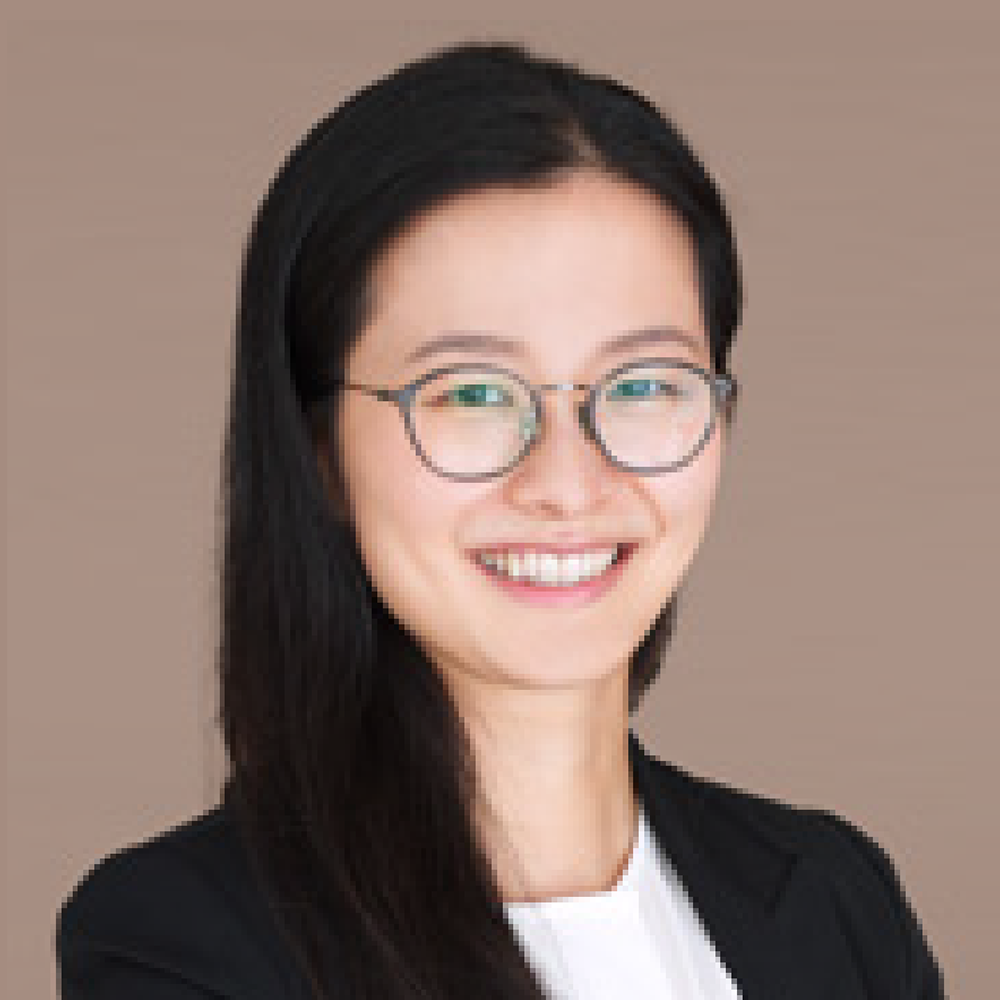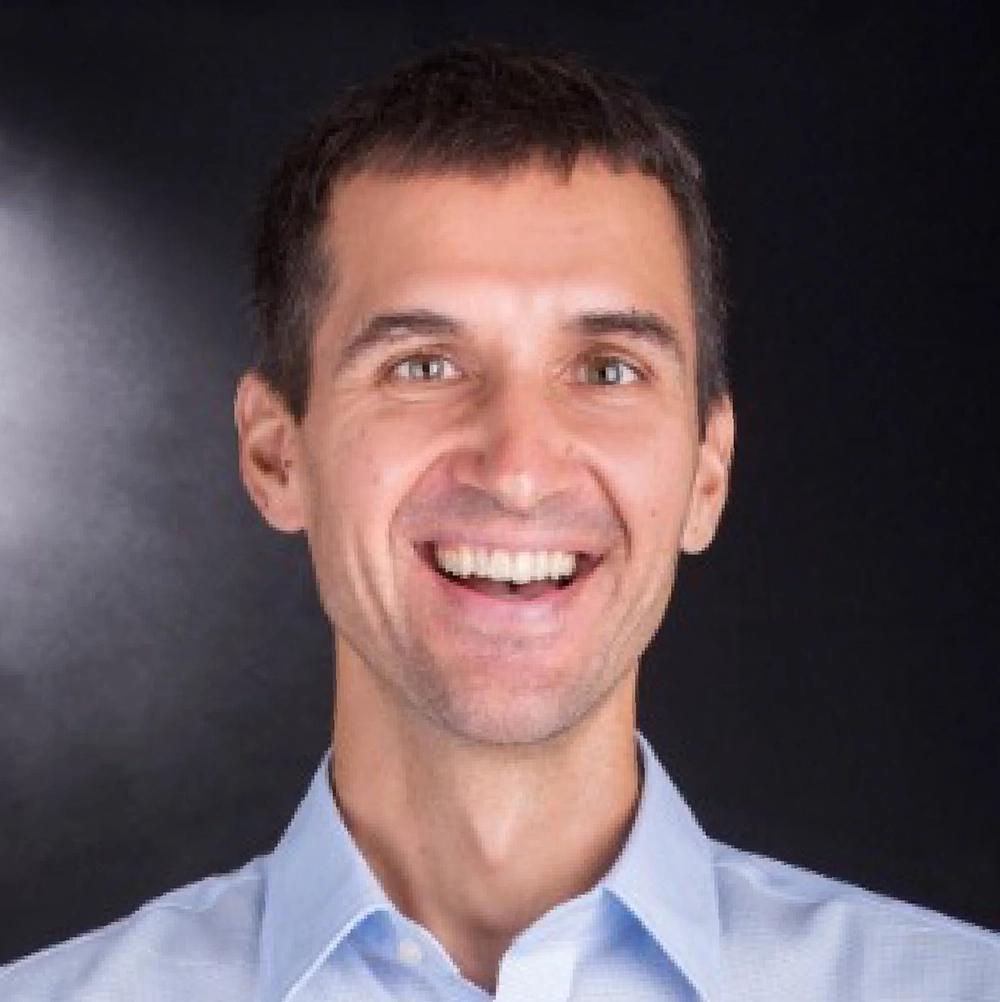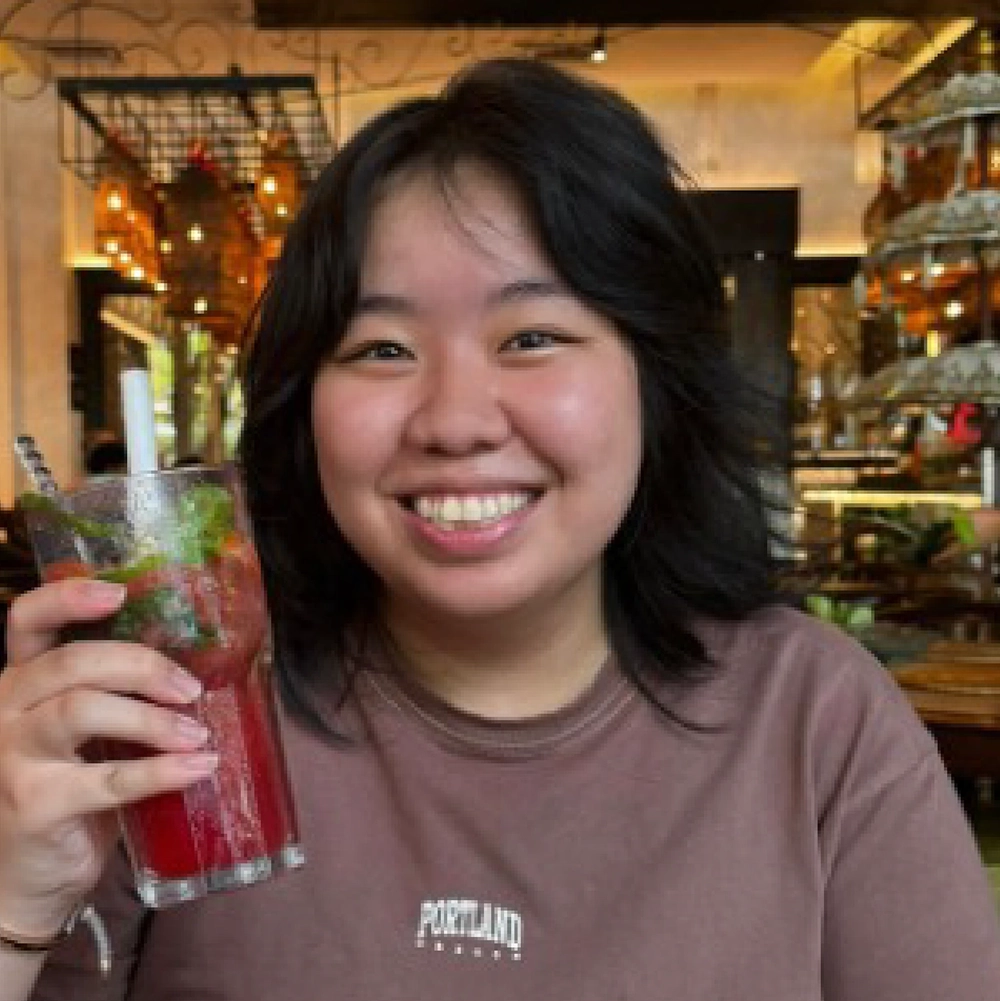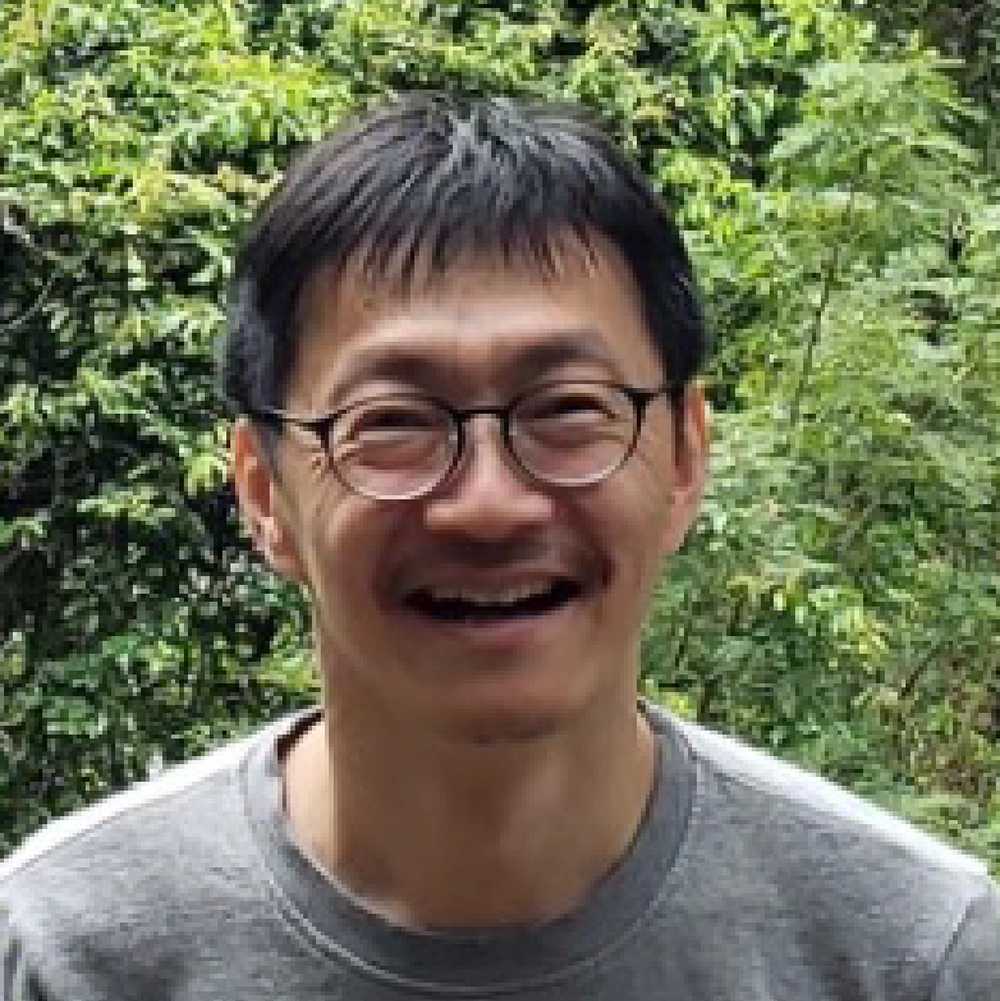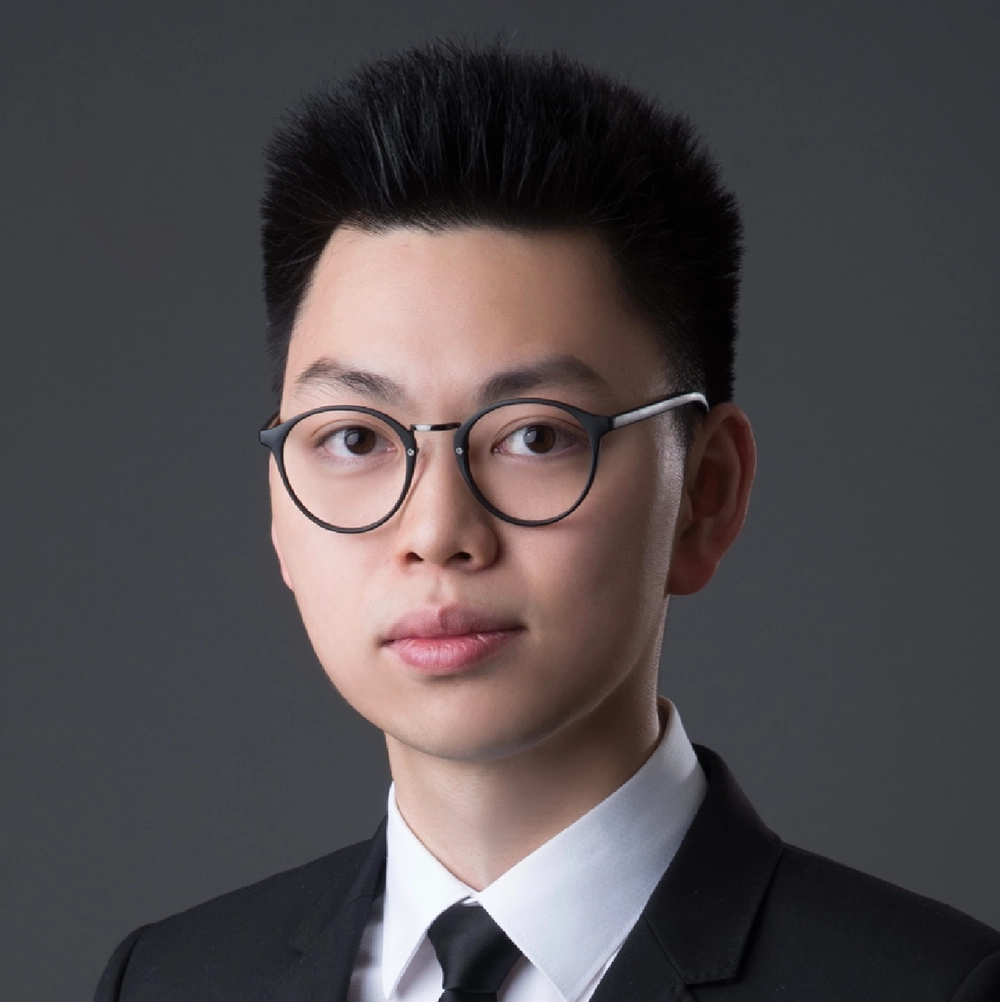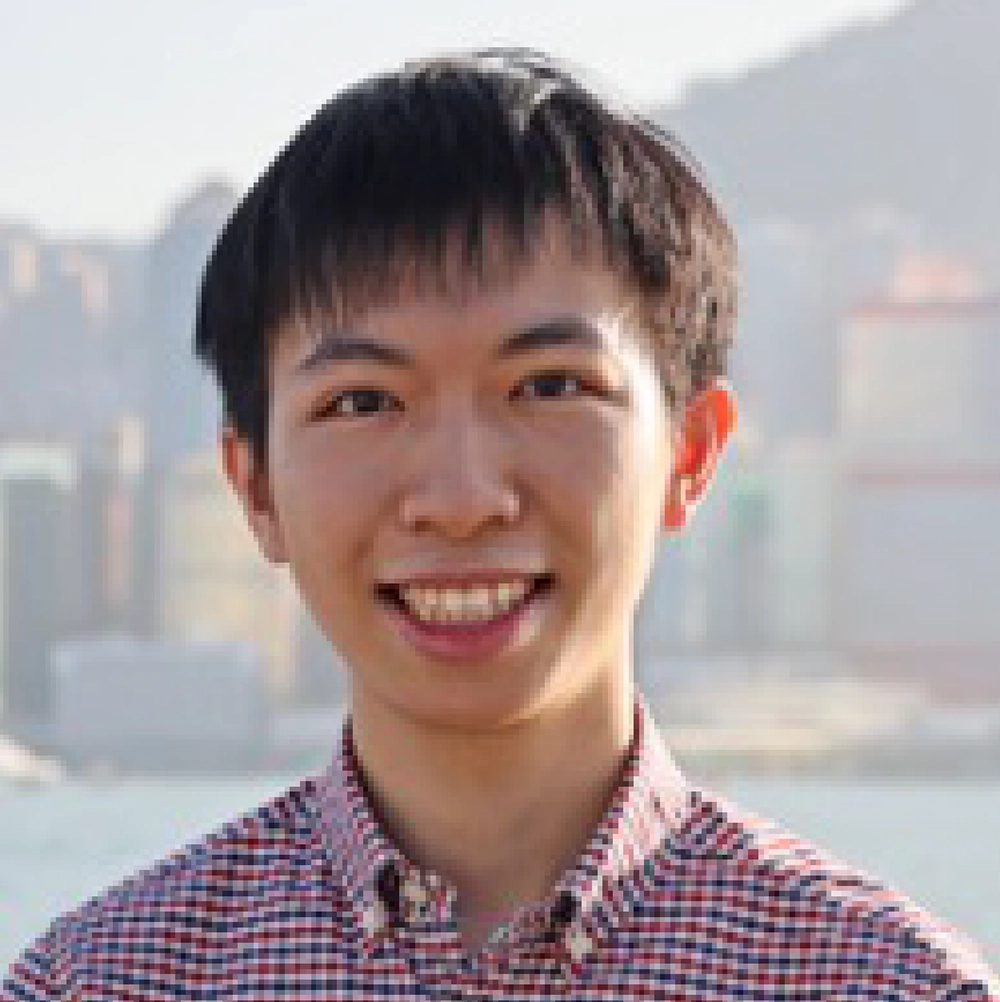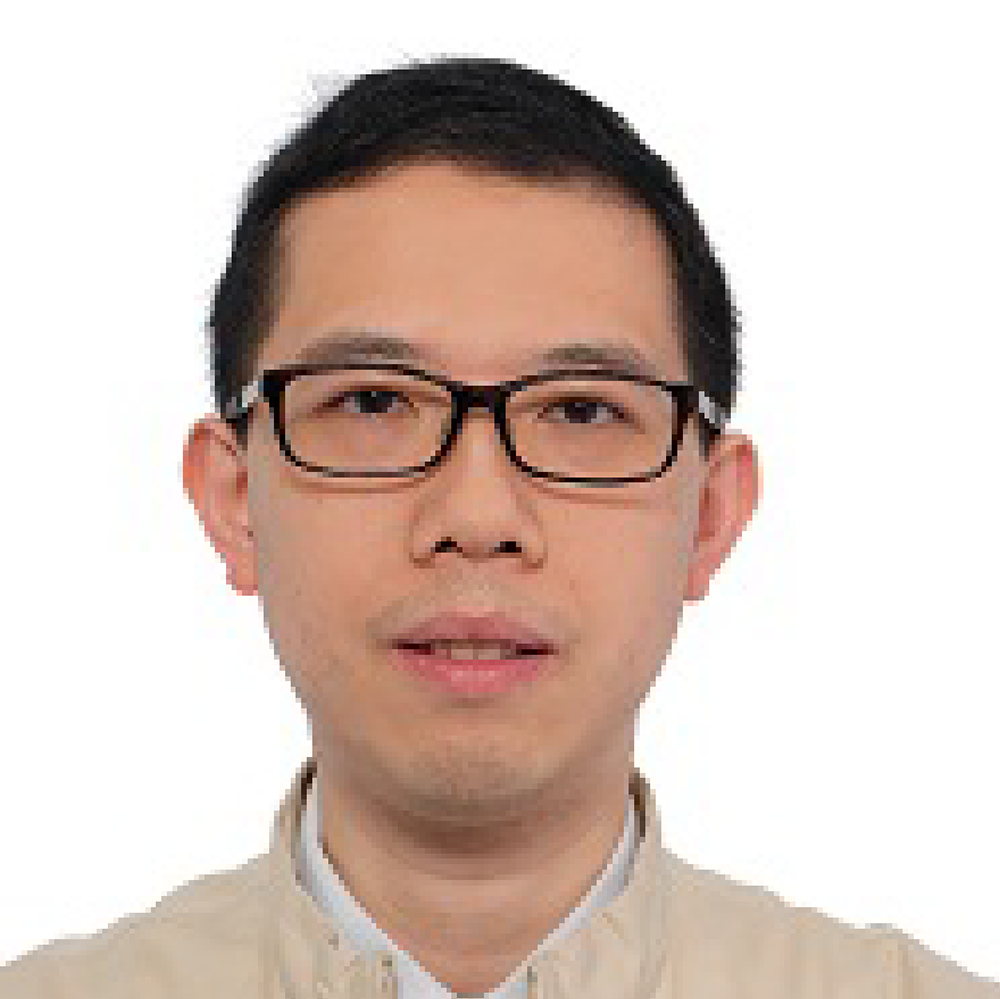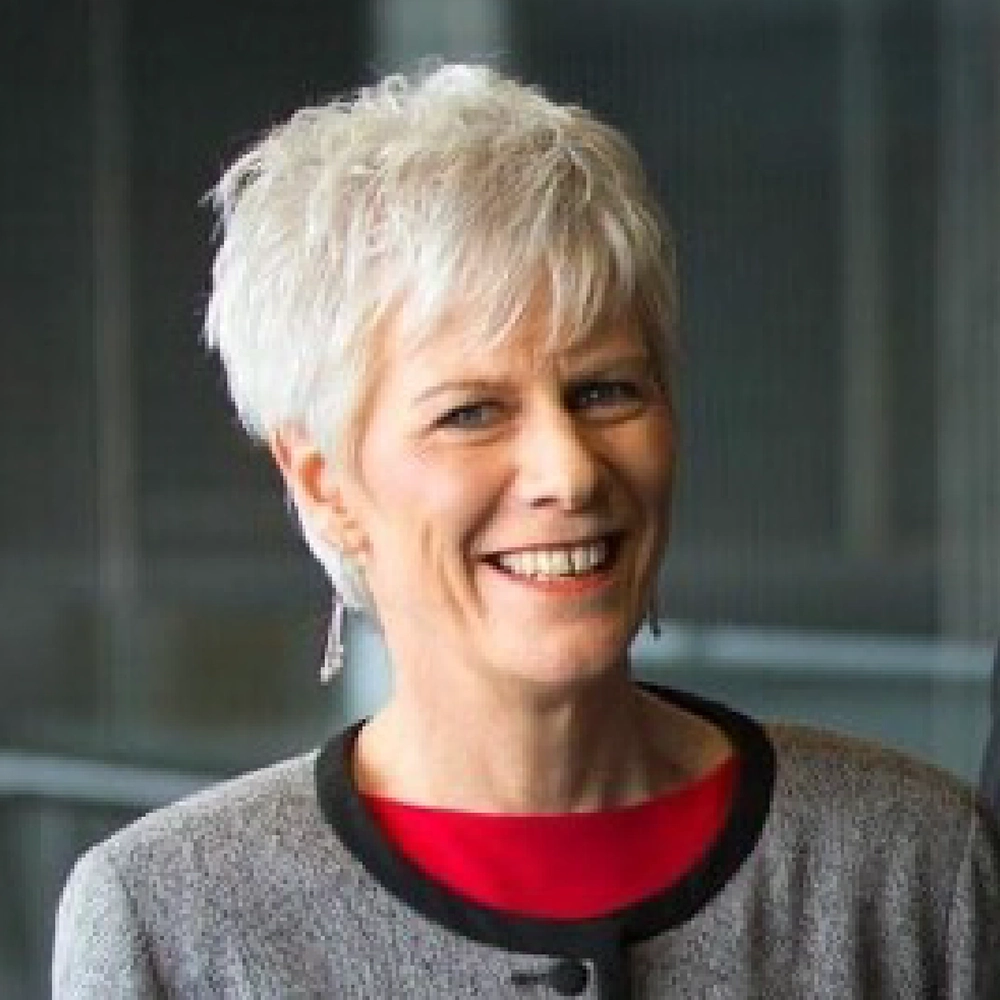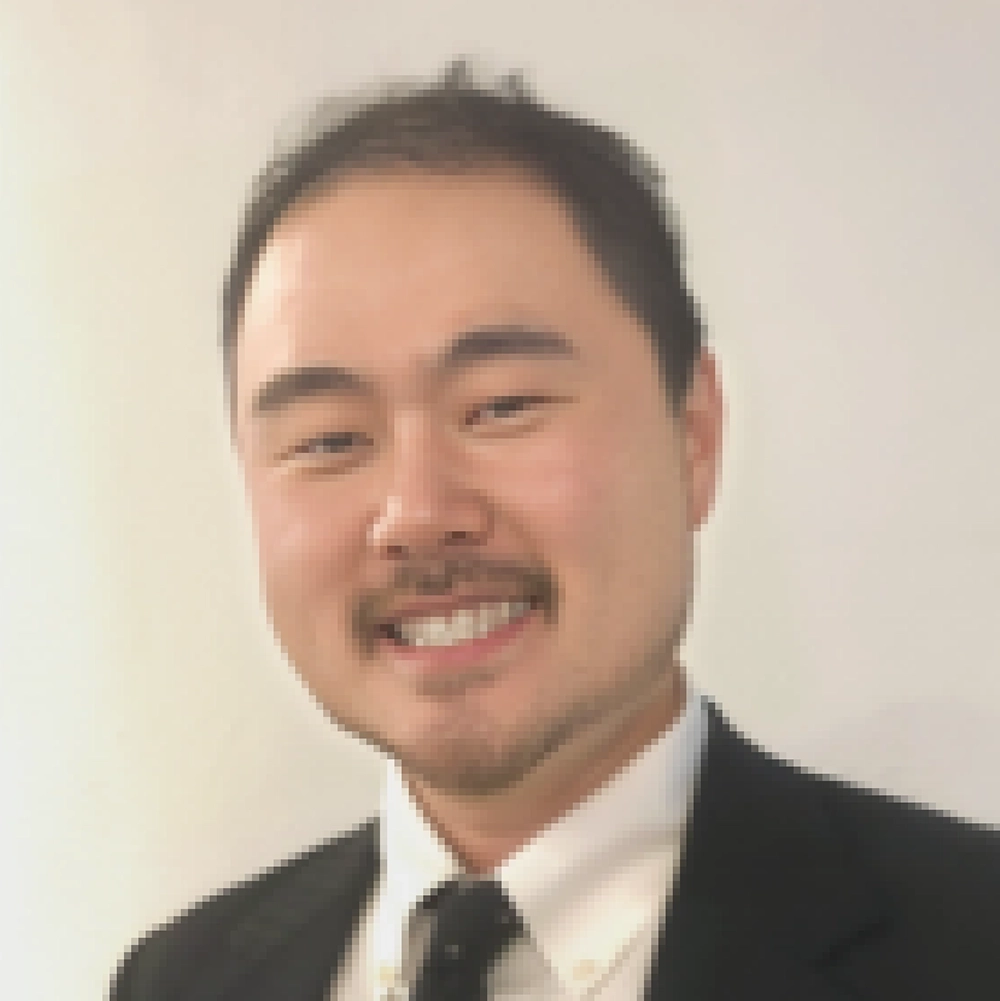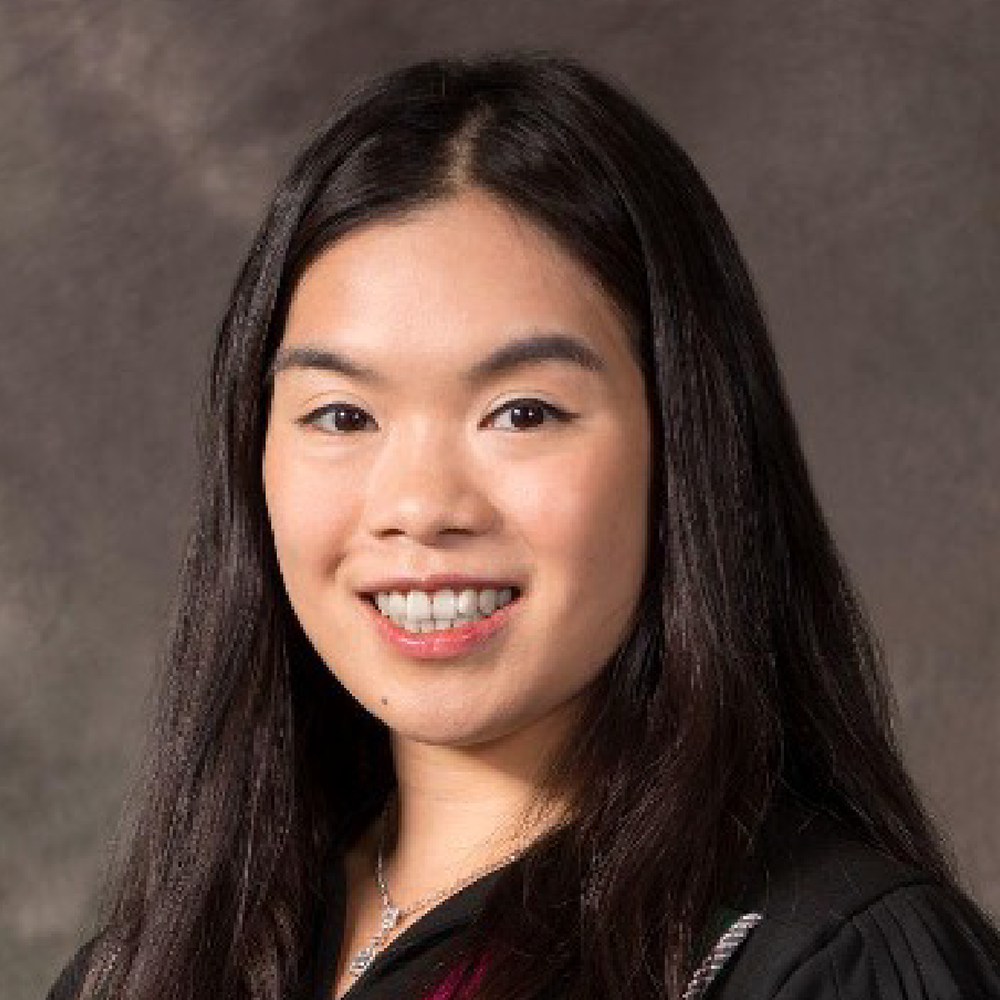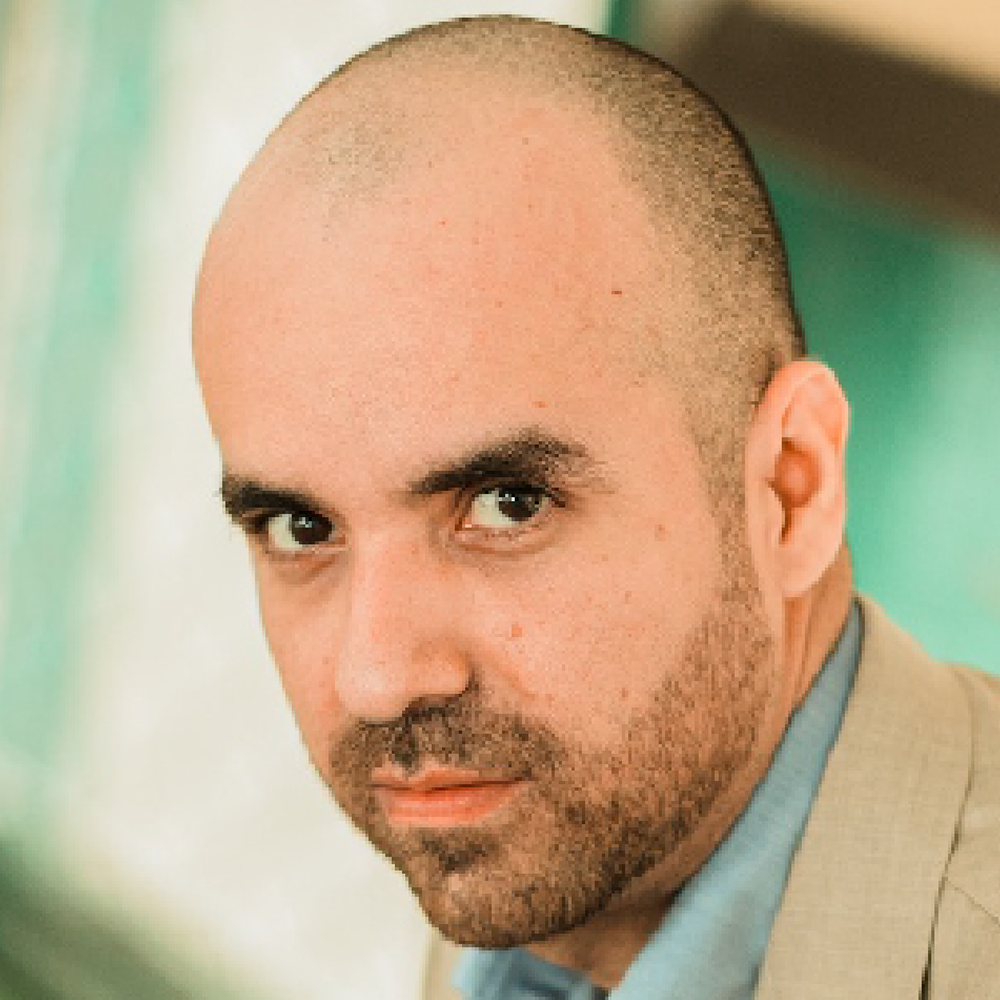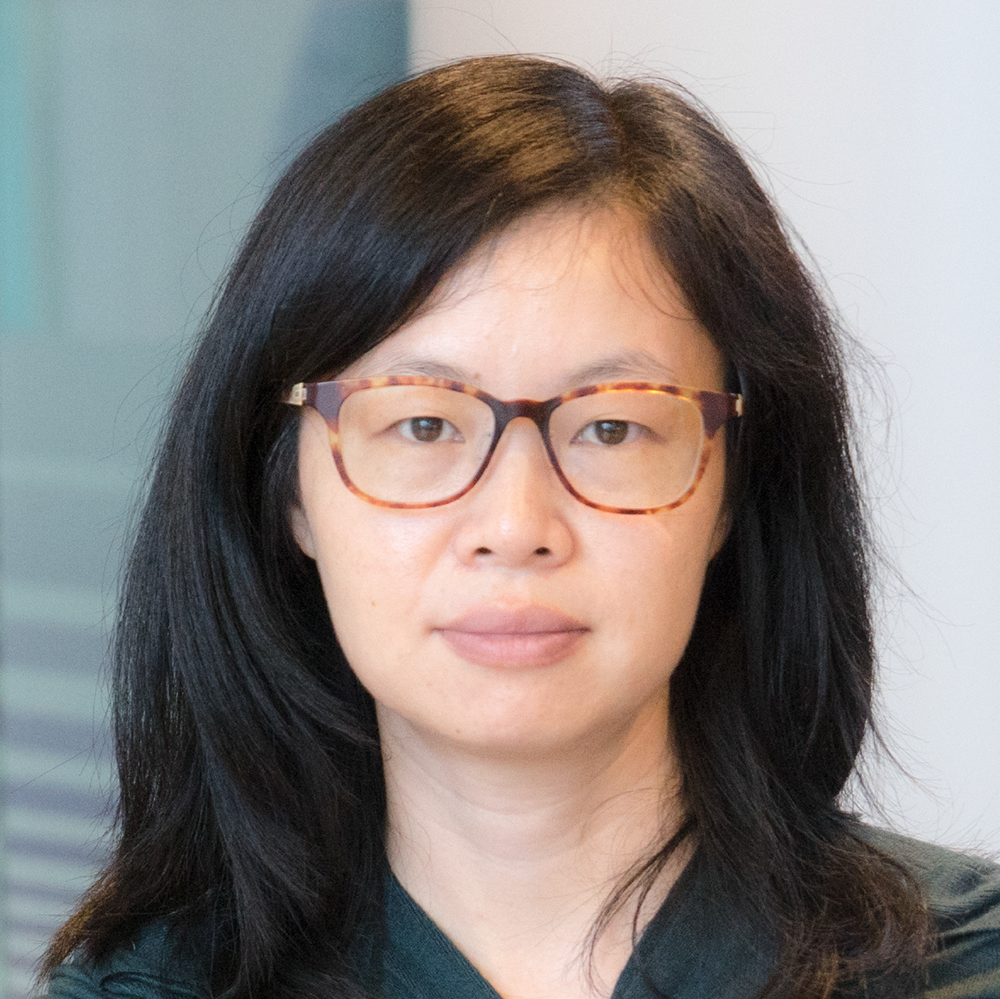In today’s dynamic learning environment, effective collaboration and communication among students and faculty is crucial. Space, time, student mobility, class size, and classroom settings are prime factors to consider when conducting collaborative group activities in a traditional classroom. Integrating technology is a great way to address these factors and create an active and collaborative learning space in the modern classroom.
This blog post explores the potential of Discord, a platform initially known for gaming communities, as a powerful tool for fostering collaborative learning and discussion within higher education settings. We will examine its features and demonstrate its applicability for various academic activities, drawing on specific examples to highlight its effectiveness.
Discord: A Versatile Platform Beyond Gaming
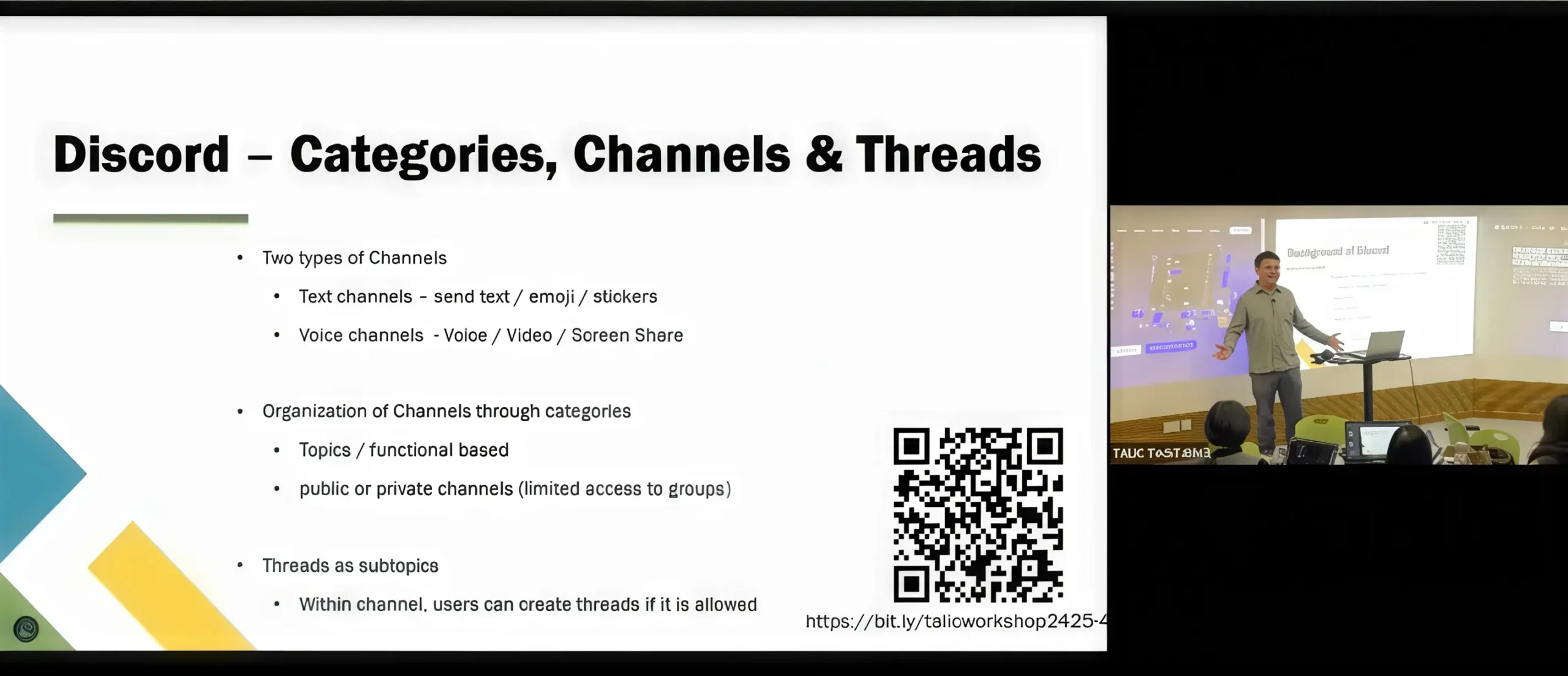
In a recent Discord workshop, Dr. Carson Hung of TALIC introduced the functionalities of Discord that make it ideal for creating virtual learning environments for both large-scale and small-scale group activities, as well as discussions that cater to diverse learning experiences and preferences. Discord, often perceived as only a gaming platform, offers robust communicative features and versatile functionalities stemming from its capacity to create customised servers and organize channels for specific roles and purposes. Generally, a Discord server enables users to create up to 500 voice and text channels and as many as 50 different categories. These versatile capabilities offer a dynamic environment that facilitates both synchronous and asynchronous interactions (Uong et al., 2022).
Discord’s meticulous categories and channels help maintain clarity and facilitate easy navigation for students immersed in a large pool of information. For instance, the HKU Admission Office has a Discord server that answers questions from incoming and new students and helps them find information from an array of supports and services, from applying to HKU to student housing, academic support, student activities, and more.
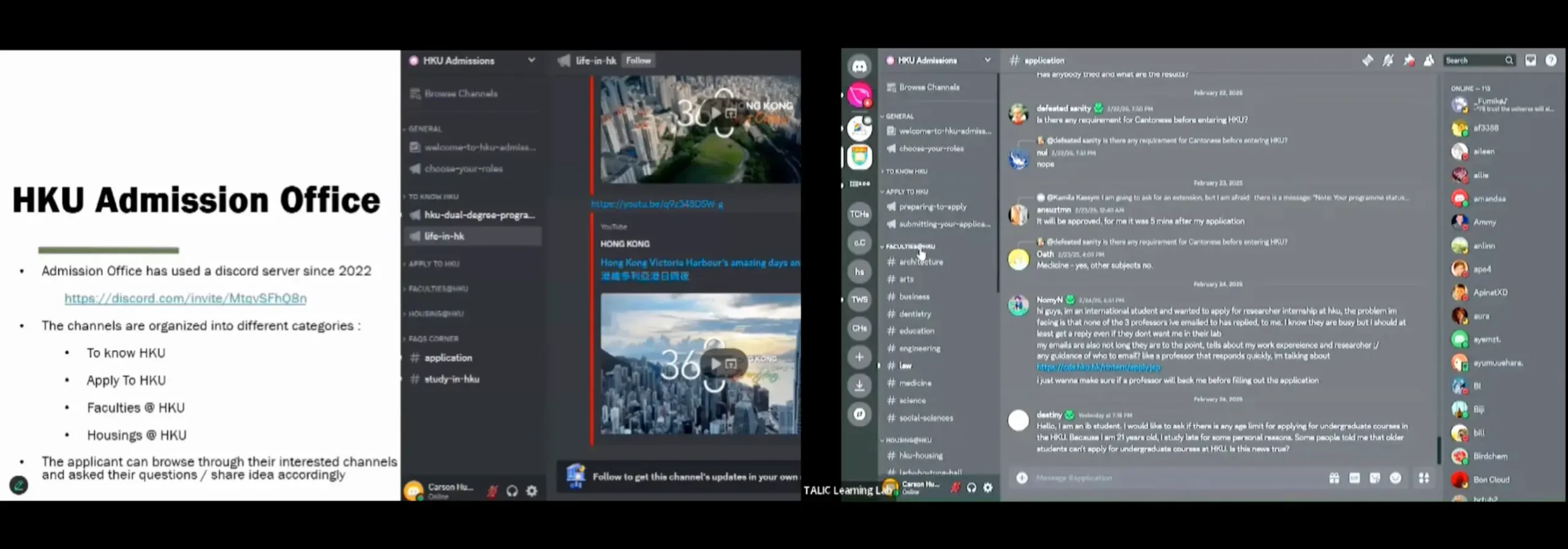

Furthermore, Discord’s versatile communication channels and easily managed role-based permissions system provide robust support for large-scale university projects such as the GenAI Hackathon for the Social Good, which utilizes Discord to engage students across different universities in a cross-institutional collaboration project.
Moreover, the integration of artificial intelligent apps and chatbots significantly expands Discord’s capabilities. For instance, Discord integrates the popular text-to-image generative AI bot, Midjourney, to generate images. Other chatbots, such as ChatGPT, writing, and summary assistants, can potentially provide a comprehensive learning experience in their communicative group projects.
Facilitating Collaborative Learning Activities
In the Discord Workshop, Ellen Seto of TALIC leverages the diverse functionalities of the Discord platform to engage teachers and participants to role-play two group activities. These include a synchronous small group debate and an asynchronous class discussion. Teachers quite often engage students in similar types of group activities in face-to-face format in a classroom.
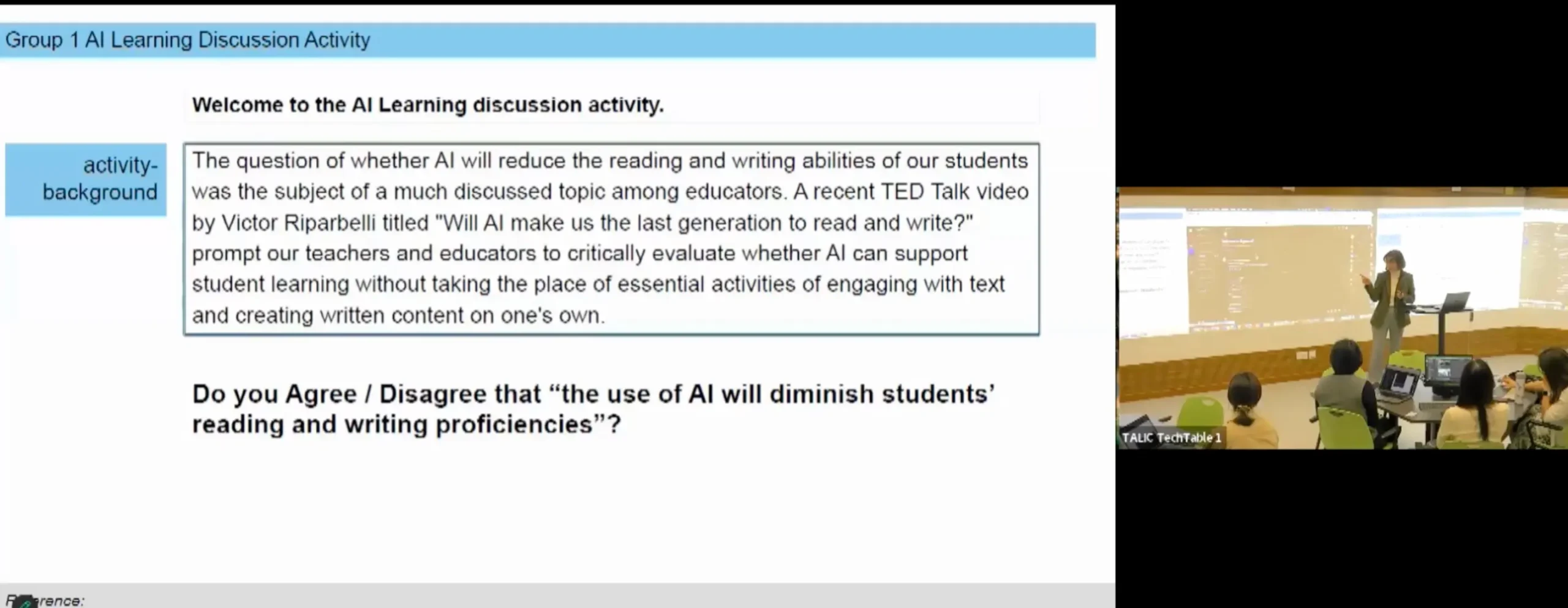
Conducting synchronous group activity on the Discord server requires online platform management. Discord’s role-based permissions system enables teachers to manage and facilitate student participation through setting and assigning multiple functional roles and access specifications for students’ group work. Teachers can monitor synchronous and asynchronous activities when students post, moderate, or delete messages on Discord channels and discussion threads, encouraging a safe and inclusive learning environment.
In a synchronous group debate activity in the workshop, the participants first take a stance on whether they agree or disagree that the use of AI will diminish students’ reading and writing proficiencies and join the discussion channel on Discord that supports their stance. Customized text channels in Discord facilitate the participants engagements and interactions with their peers in a synchronous discussion, allowing them to present and share text, audio, and graphic files, and give instant feedback to peers in their designated text and voice channels. In the process, students also engage in information search, sorting, organizing, critically evaluating evidence, and correctly citing references; these are all important aspects of evidence-based learning in collaborative argumentation (Mayweg-Paus et al., 2021). A GPT chatbot is integrated into the Discord server to support real-time collaborative discourse.


Asynchronous multi-channel discussion of an essay-grading activity for peer review and feedback provides a structured environment for constructive criticism. Furthermore, the integration of a ‘Summarize’ chatbot enabled participants to recount key ideas and findings of the group and class discussions in a logical and organized manner. This can facilitate further learning and help to identify future areas of interest or exploration.
Future Potential
Discord offers a powerful and flexible environment for collaborative learning and discussion. While first-time users of a multi-channel Discord server may find it overwhelming, with proper planning and moderation, these challenges can be overcome, revealing its potential to transform the future academic experience.
Reference
- Park, E.L., Choi, B.K. Transformation of classroom spaces: traditional versus active learning classroom in colleges. High Educ 68, 749–771 (2014). https://doi.org/10.1007/s10734-014-9742-0
- Uong, T. G. T., Nguyen, D. K., & Nguyen, H. N. (2022). Teachers’ feedback on using Discord as an online learning platform. International Journal of TESOL & Education, 2(4), 84-104.
Ellen SETO
Senior Lecturer / Senior Instructional Designer
Teaching and Learning Innovation Centre


